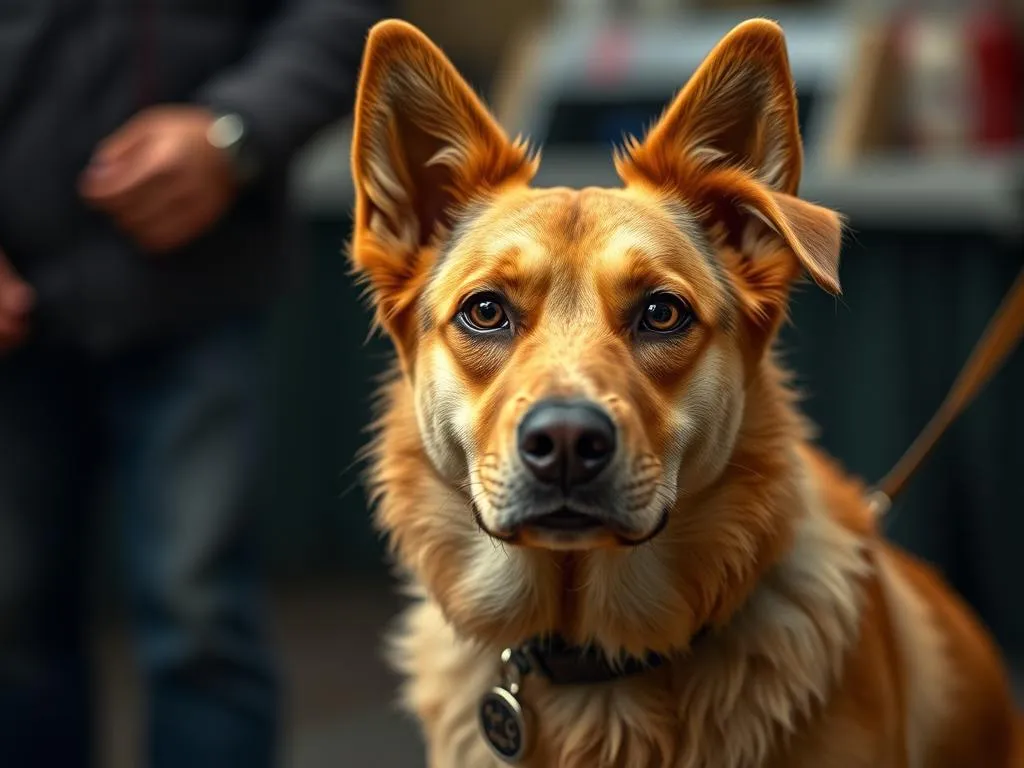
Introduction
Dog shows have long been a beloved spectacle, captivating audiences with the grace and beauty of purebred canines. Dog shows are competitive events where dogs are judged based on breed standards, appearance, and behavior. These events come in various forms, including conformation shows and agility trials, each showcasing different skills and traits of our furry friends.
As the popularity of dog shows increases, so does public interest in their ethical implications. Many pet owners and animal lovers are starting to question the practices involved in these events, particularly regarding the breeding and treatment of dogs. This raises a pivotal question: are dog shows ethical?
In this article, we will explore the historical context of dog shows, their structure, the ethical concerns they raise, perspectives from various stakeholders, alternatives to traditional shows, and the future of these events. Through this exploration, we aim to provide a comprehensive understanding of the ethical landscape surrounding dog shows.
Section 1: The History of Dog Shows
Origins of Dog Shows
The tradition of dog shows dates back to the early 19th century, with the first recorded event occurring in England in 1859. Initially, these shows were informal gatherings meant to celebrate the diversity of dog breeds. Over the decades, dog shows evolved into more structured competitions, with established rules and judging criteria.
As dog shows gained popularity, they spread across the globe, becoming a staple in many cultures. Today, they are not just events to display the beauty of dogs but also platforms to promote specific breeds and educate the public about responsible pet ownership.
Cultural Significance
Dog shows hold different meanings across cultures. In some societies, they represent prestige and class, while in others, they serve as community events that bring dog enthusiasts together. Regardless of the cultural context, dog shows significantly impact breed promotion, often leading to increased demand for certain breeds and influencing breeding practices.
Section 2: The Structure of Dog Shows
Types of Competitions
Dog shows encompass a variety of competitions, each with its unique focus. The most recognized type is conformation shows, where dogs are judged against breed standards, assessing their appearance and movement. Other formats include obedience competitions, which evaluate a dog’s training and discipline, and agility trials, testing their speed and agility through obstacle courses.
Judging Criteria
Dogs in shows are evaluated based on specific criteria established by breed standards. These standards dictate the ideal traits and characteristics for each breed, including size, coat type, and temperament. While these standards can help maintain breed integrity, they also raise concerns about the potential for unethical breeding practices, as breeders may prioritize appearance over health.
Participation and Training
Entering a dog show requires significant preparation. Handlers must train their dogs to meet the expectations of judges, often investing hours in obedience and presentation training. This rigorous training regimen can be demanding for both the dogs and their owners, leading to potential stress and anxiety.
Section 3: Ethical Concerns Surrounding Dog Shows
Breeding Practices
One of the foremost ethical concerns surrounding dog shows is the impact on breeding practices. The emphasis on certain physical traits can lead to inbreeding, which significantly affects the health of the dogs. Many breeds suffer from hereditary conditions, and the pressure to conform to breed standards can exacerbate these issues.
Animal Welfare Issues
The treatment of dogs in the show environment is another critical concern. The competitive nature of dog shows can lead to heightened stress levels for dogs, particularly during long events where they are confined and subjected to unfamiliar environments. Many animal welfare advocates argue that dogs should not be treated as mere commodities for entertainment.
Commercialization of Dog Shows
In recent years, the commercialization of dog shows has also sparked debate. The influx of sponsorship and financial gain can shift the focus from ethical treatment to profit. This commercialization often prioritizes spectacle over the well-being of the animals, raising questions about the integrity of the events.
Section 4: Perspectives from Various Stakeholders
Dog Owners and Breeders
The views of dog owners and breeders are varied and complex. Many responsible breeders participate in shows to promote their breeds and contribute to breed standards positively. They argue that well-structured shows can enhance public awareness about specific breeds and responsible breeding practices. However, there is a growing concern among some breeders that the pressure to win can lead to unethical breeding practices and neglect of health considerations.
Animal Rights Organizations
Animal rights organizations, including PETA and the Humane Society, have voiced strong critiques of dog shows. They argue that the shows promote breeding practices that prioritize appearance over health, leading to genetic problems in many breeds. These organizations advocate for animal welfare and encourage alternatives to traditional dog shows, emphasizing the importance of adopting rescue dogs and promoting ethical treatment.
Judges and Organizers
Judges and organizers play a crucial role in maintaining ethical practices in dog shows. Many judges emphasize the importance of health and temperament in their evaluations, striving to promote responsible breeding. Organizations often implement guidelines to ensure that participants adhere to ethical standards. However, the effectiveness of these measures can vary, and the need for ongoing reforms remains a topic of discussion.
Section 5: Alternatives to Traditional Dog Shows
Non-Competitive Events
As public awareness of ethical concerns grows, alternative events to traditional dog shows are gaining traction. Non-competitive events such as fun runs, dog parks, and adoption fairs provide opportunities for dog enthusiasts to come together without the pressure of competition. These events focus on fostering community and encouraging responsible pet ownership.
Focus on Rescue and Adoption
The rise of rescue organizations has also led to the emergence of events that prioritize the welfare of animals. Adoption fairs and fundraising events for rescue groups highlight the importance of giving homes to dogs in need rather than promoting specific breeds. These alternatives not only promote ethical treatment but also help reduce the number of dogs in shelters.
Section 6: The Future of Dog Shows
Trends in Dog Shows
The landscape of dog shows is evolving as public perception shifts. Many dog owners are becoming more conscious of ethical concerns, leading to changes in participation rates. Consequently, some shows are adapting by implementing more inclusive and welfare-focused practices that prioritize the health and well-being of the dogs involved.
Potential Reforms
To enhance the ethical standards of dog shows, various reforms have been proposed. These include stricter regulations on breeding practices, improved welfare protocols for participants, and increased transparency in judging criteria. The integration of technology, such as tracking health records and breeding histories, could also play a significant role in monitoring ethical practices within the industry.
Conclusion
The question of whether dog shows are ethical is complex and multifaceted. Throughout this exploration, we’ve identified significant ethical concerns, including breeding practices, animal welfare issues, and commercialization. While dog shows can serve as a platform for promoting responsible pet ownership and breed awareness, they also pose potential risks to canine health and well-being.
As we consider the future of dog shows, it is crucial to prioritize the welfare of dogs above all else. By advocating for ethical practices and supporting alternative events, we can help ensure that our beloved pets are treated with the respect and care they deserve. As dog lovers and responsible pet owners, reflecting critically on our views of dog shows is essential for fostering a positive environment for all animals.









